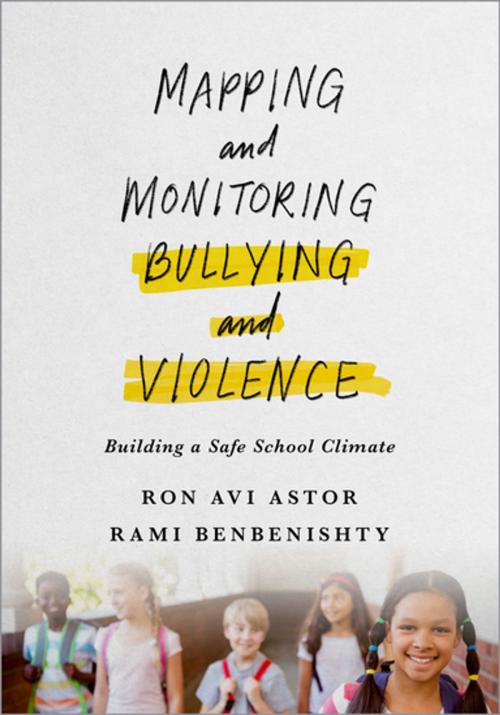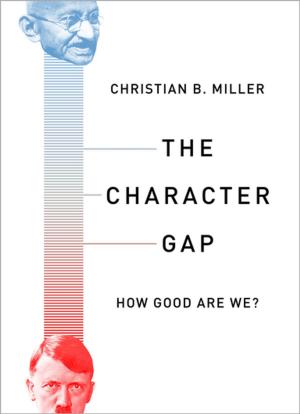Mapping and Monitoring Bullying and Violence
Building a Safe School Climate
Nonfiction, Social & Cultural Studies, Social Science, Social Work, Reference & Language, Education & Teaching, Counseling & Guidance, Administration| Author: | Ron Astor, Rami Benbenishty | ISBN: | 9780190847081 |
| Publisher: | Oxford University Press | Publication: | September 21, 2017 |
| Imprint: | Oxford University Press | Language: | English |
| Author: | Ron Astor, Rami Benbenishty |
| ISBN: | 9780190847081 |
| Publisher: | Oxford University Press |
| Publication: | September 21, 2017 |
| Imprint: | Oxford University Press |
| Language: | English |
Mapping and Monitoring Bullying and Violence is a guidebook for district and school education leaders and professionals to reduce incidents of violence and bullying and enhance students' well-being. Written in a step-by-step format, the text is designed to assist in collecting and making better use of data on non-academic issues in schools, such as reports of victimization, weapon and drug possession, theft of personal property, suicide ideation, and other areas. The authors advocate an ongoing monitoring approach that involves collecting information from multiple audiences about what is taking place in and around schools. One part of this process is mapping, which gives school leaders, students, and staff members a visual record of areas of the campus considered safe, alongside those that students view to be places where they might encounter bullying, harm, or trouble. Other common parts of such systems are surveys among students, educators, and parents. The authors include practical examples of how to design such a system, gather current information, analyze and display the data, share it with different audiences, and use it to find solutions. Ultimately, this timely guidebook is a must-have for social workers, psychologists, counselors, nurses, and others working to improve safety in schools.
Mapping and Monitoring Bullying and Violence is a guidebook for district and school education leaders and professionals to reduce incidents of violence and bullying and enhance students' well-being. Written in a step-by-step format, the text is designed to assist in collecting and making better use of data on non-academic issues in schools, such as reports of victimization, weapon and drug possession, theft of personal property, suicide ideation, and other areas. The authors advocate an ongoing monitoring approach that involves collecting information from multiple audiences about what is taking place in and around schools. One part of this process is mapping, which gives school leaders, students, and staff members a visual record of areas of the campus considered safe, alongside those that students view to be places where they might encounter bullying, harm, or trouble. Other common parts of such systems are surveys among students, educators, and parents. The authors include practical examples of how to design such a system, gather current information, analyze and display the data, share it with different audiences, and use it to find solutions. Ultimately, this timely guidebook is a must-have for social workers, psychologists, counselors, nurses, and others working to improve safety in schools.















